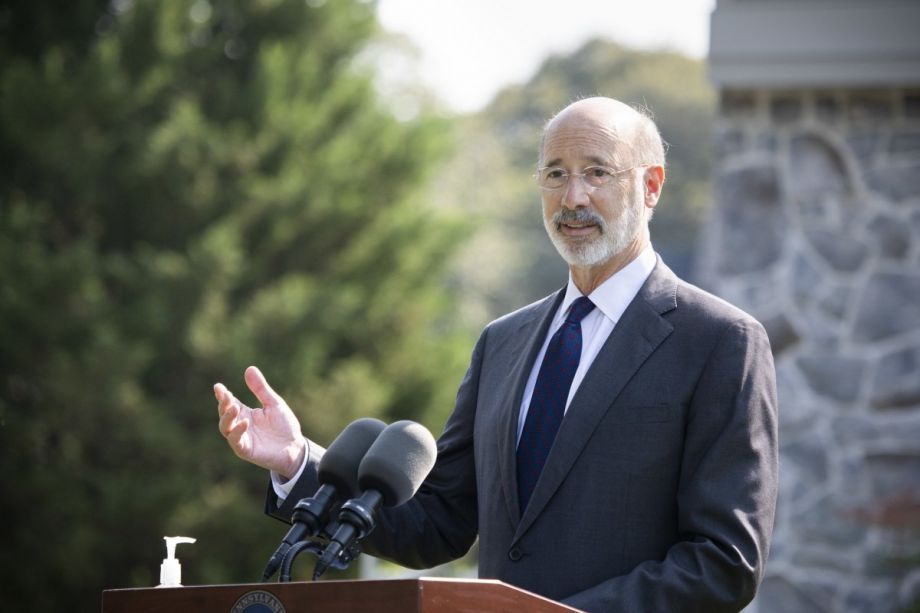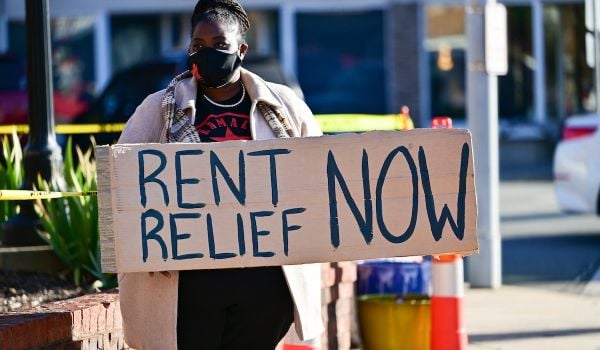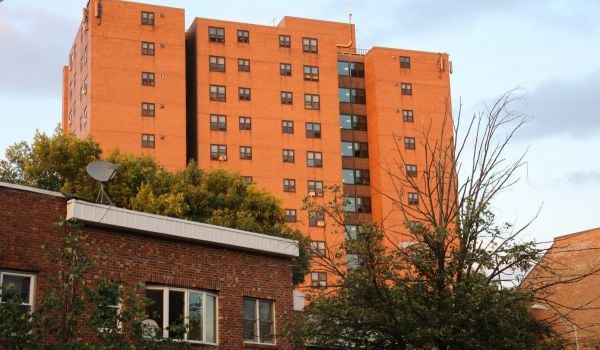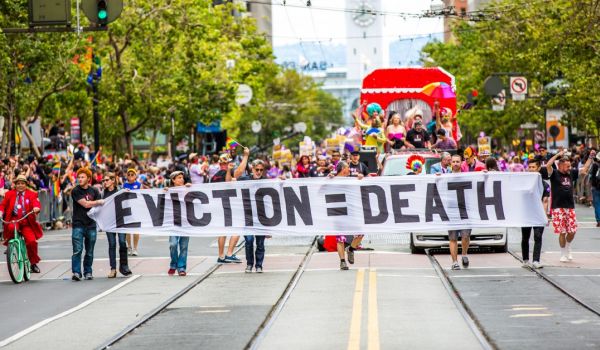“Gaping Loopholes” in Eviction Protections in Pennsylvania
When Pennsylvania’s statewide ban on evictions expired at the beginning of September, it was simultaneously replaced by an order from the Centers for Disease Control which was meant to ban evictions for people facing income losses or high medical expenses through the end of the year. But a new investigation from Spotlight PA found “gaping loopholes” and inconsistent application of the CDC moratorium, with the result that many tenants face eviction notices without knowing or being able to exercise their legal rights. Evictions in the state are handled by more than 500 small courts, the report says, where landlords often have legal representation and tenants do not. The state has also failed to establish clear guidance on the “vague federal order,” the report says. Landlords have found some ways to circumvent the CDC moratorium, for example by evicting tenants because a lease has expired rather than for nonpayment of rent, according to the report. The investigation found “an inconsistent system of justice across the 67 counties, leaving many vulnerable residents without the protections they were promised. All told, despite the federal order, whether or not families get kicked out of their homes often comes down to where they live, and which judge happens to hear their case.”
Under the order, tenants are supposed to sign a form declaring that they are unable to pay rent. But many tenants don’t know about the form in the first place, or landlords accuse them of lying on the form and leave it up to any of hundreds of judges to determine the outcome, the report says. Governor Tom Wolf’s office told Spotlight PA that it can’t control how local judges interpret the order because it is a federal rule, according to the report.
“In practice, it creates a loophole that allows landlords to get around the reach of the CDC order,” Bob Damewood, a staff attorney at Regional Housing Legal Services in Pittsburgh, told Spotlight. “It means a lot of tenants who should be covered by the CDC order aren’t.”
Annapolis Public Housing Families at Risk of Eviction
Around 285 families living in public housing in Annapolis, Maryland, “may soon be at risk of eviction,” according to a report in the Capital Gazette. The tenants owe a combined $512,000 in rent, which is putting a strain on the Housing Authority of the City of Annapolis’s ability to hire open positions and deliver services, according to the report. The Authority had set a deadline for families to sign up for payment plans to settle past-due rent, which was extended after the CDC eviction order in September, the report says. The Housing Authority’s own eviction moratorium expired on Monday. So far, according to the report, 25 families have signed up for payment plans. Melissa Maddox-Evans, executive director of the authority, told the Capital Gazette that the agency had done “pretty much all that we can” and would need to start filing “failure to pay rent judgments,” the first step in the eviction process, “soon.”
“We’re in an extremely difficult position because we still have to manage these programs,” Maddox-Evans told the paper. “And we really can’t afford to lose staff, and we don’t want to cut any programs, but we will have to review all of our operations.”
Residents are still able to sign up for payment plans, according to the report. They may also sign declaration forms under the CDC order saying that they are unable to pay rent and could become homeless if evicted. Maddox-Evans said that so far only eight tenants had signed declaration forms, according to the report.
Eviction Reprieve for Homeless Living in Hotel Near Minneapolis
Officials agreed not to evict a group of 50 homeless people living in a hotel in Bloomington, Minnesota, just outside Minneapolis, after a rally held earlier this week, according to a report in the Minneapolis Star-Tribune. But the long-term fate of the Extended Stay hotel hasn’t been decided yet, according to the story. Officials in Hennepin County had previously planned to buy the hotel for $13.3 million and convert it to a permanent shelter with 100 units for people experiencing homelessness and high risk for COVID-19, according to the report. But they backed away from that plan because of concerns about the timing of spending federal money from the CARES Act, the report said. Some of the rooms in the hotel have been paid for by ZACAH, a local nonprofit group, according to the story.
Earlier this year, amid the uprising after the killing of George Floyd, activists took over and briefly managed a Sheraton hotel in Minneapolis for people experiencing homelessness who were at risk of COVID-19 and exposure to chaos on the streets, as Next City reported. Some of the same people who had stayed in that hotel are also staying at the Extended Stay in Bloomington, according to the Star-Tribune. One of them was Brian Wallace, a 50-year-old man who had been living in parks after leaving the Sheraton until about two weeks ago, when he began living at the Extended Stay.
“For as long as it lasted, it’s a good thing, but I don’t know what’s going to happen,” Wallace told the paper.
This article is part of Backyard, a newsletter exploring scalable solutions to make housing fairer, more affordable and more environmentally sustainable. Subscribe to our weekly Backyard newsletter.

Jared Brey is Next City's housing correspondent, based in Philadelphia. He is a former staff writer at Philadelphia magazine and PlanPhilly, and his work has appeared in Columbia Journalism Review, Landscape Architecture Magazine, U.S. News & World Report, Philadelphia Weekly, and other publications.
Follow Jared .(JavaScript must be enabled to view this email address)


















